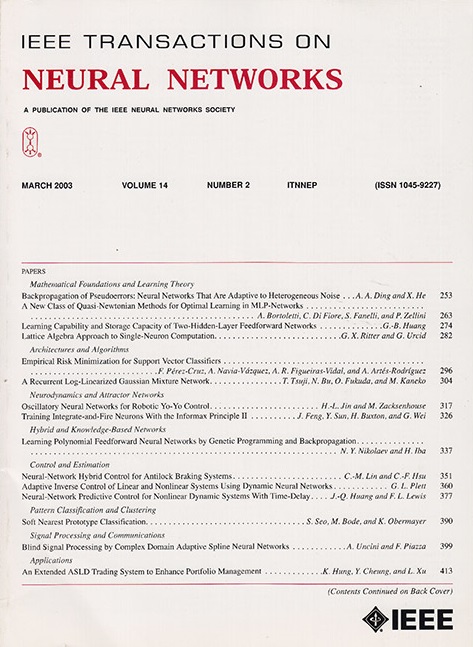通过团队探索学习与不同的队友协调。
IF 10.2
1区 计算机科学
Q1 COMPUTER SCIENCE, ARTIFICIAL INTELLIGENCE
IEEE transactions on neural networks and learning systems
Pub Date : 2025-05-06
DOI:10.1109/tnnls.2025.3563773
引用次数: 0
摘要
协作式多智能体系统(MASs)中与不同团队成员的协调是必不可少的。然而,大多数多智能体强化学习(MARL)方法假设固定的团队组成,这导致智能体过度拟合其训练伙伴,并且在部署阶段无法与不同的团队很好地合作。缓解这个问题的一个常见方法是在合作期间预测队友的行为并相应地调整策略。然而,这些方法使用相同的策略来收集为团队成员建模的信息和最大化合作性能。我们认为,这两个目标可能会冲突,并降低两者的有效性。在这项工作中,我们提出通过团队探索(CDP)与不同的团队进行协调,这是一种通过分离探索和适应阶段来快速适应不同团队的新方法。具体地说,我们首先产生了一个多样化的团队,作为培训伙伴,具有新的基于价值的多样性目标。然后,我们训练一个探测模块,通过策略动态重构来探测和揭示每个团队的协调模式,得到群体的表示空间。最后,基于学习到的表示空间的聚类,我们训练了一个由多个专家策略组成的泛型元策略,并进行了模块选择。我们的经验表明,在各种复杂的多智能体场景中,CDP优于现有的策略适应方法。本文章由计算机程序翻译,如有差异,请以英文原文为准。
Learning to Coordinate With Different Teammates via Team Probing.
Coordinating with different teammates is essential in cooperative multiagent systems (MASs). However, most multiagent reinforcement learning (MARL) methods assume fixed team compositions, which leads to agents overfitting their training partners and failing to cooperate well with different teams during the deployment phase. A common way to mitigate the problem is to anticipate teammate behaviors and adapt policies accordingly during cooperation. However, these methods use the same policy for both collecting information for modeling teammates and maximizing cooperation performance. We argue that these two goals may conflict and reduce the effectiveness of both. In this work, we propose coordinating with different teammates via team probing (CDP), a novel approach that rapidly adapts to different teams by disentangling probing and adaptation phases. Specifically, we first generate a diverse population of teams as training partners with a novel value-based diversity objective. Then, we train a probing module to probe and reveal the coordination pattern of each team with policy-dynamics reconstruction and get a representation space of the population. Finally, we train a generalist meta-policy consisting of several expert policies with module selection based on the clustering of the learned representation space. We empirically show that CDP surpasses existing policy adaptation methods in various complex multiagent scenarios with both seen and unseen teammates.
求助全文
通过发布文献求助,成功后即可免费获取论文全文。
去求助
来源期刊

IEEE transactions on neural networks and learning systems
COMPUTER SCIENCE, ARTIFICIAL INTELLIGENCE-COMPUTER SCIENCE, HARDWARE & ARCHITECTURE
CiteScore
23.80
自引率
9.60%
发文量
2102
审稿时长
3-8 weeks
期刊介绍:
The focus of IEEE Transactions on Neural Networks and Learning Systems is to present scholarly articles discussing the theory, design, and applications of neural networks as well as other learning systems. The journal primarily highlights technical and scientific research in this domain.
 求助内容:
求助内容: 应助结果提醒方式:
应助结果提醒方式:


